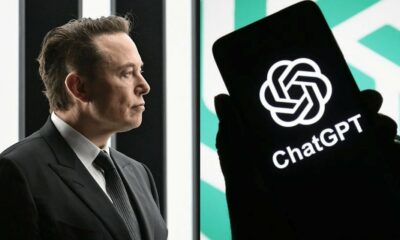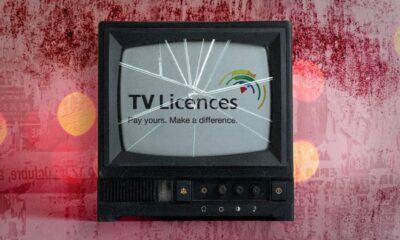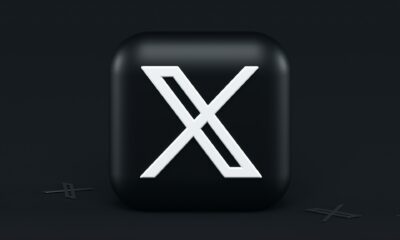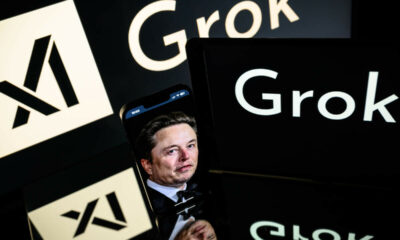Business
Starlink Plots R2 Billion Investment in South Africa Amid Licensing Standoff
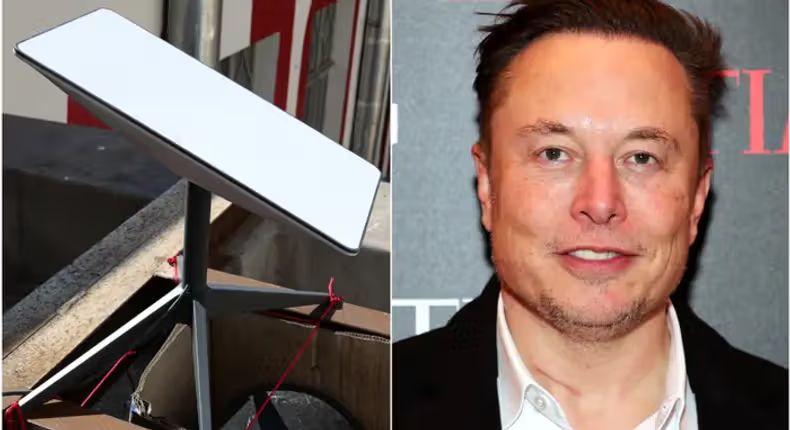
A bold bet on Africa’s digital future and a clash of policy and principle
Elon Musk’s satellite internet company, Starlink, is preparing a R2 billion investment into South Africa as it attempts to sidestep long-standing empowerment rules and gain regulatory approval to operate in the country.
But this isn’t just another tech expansion story. It’s a complex collision of innovation, politics, and identity—unfolding in the hometown of Musk himself.
Betting on the South
According to sources cited by Business Day, Starlink plans to use the R2 billion (approximately $112 million) to build internet infrastructure that will benefit not just South Africa, but the wider Southern African Development Community (SADC) a bloc of 16 nations hungry for better connectivity.
The money will reportedly go toward leasing land, sourcing energy, maintaining systems, and using local contractors for fiber installation and security. In theory, it’s a windfall for local suppliers and a leap forward for underserved rural regions that have long lagged behind in digital access.
The BEE Dilemma
Here’s the sticking point: South Africa’s Black Economic Empowerment (BEE) laws. These regulations require companies, including foreign ones, to sell equity to Black South Africans as part of the country’s transformation agenda. But Musk has publicly blasted these laws, calling them “openly racist” a statement that ignited firestorms on social media and talk radio alike.
Starlink refuses to sell equity to meet this requirement. Instead, it’s trying a different route: investing directly into Black-owned businesses and infrastructure as an alternative form of empowerment.
This workaround aligns with Communications and Digital Technologies Minister Solly Malatsi’s newly proposed reforms, which would allow international satellite companies to qualify for operating licenses without surrendering ownership stakes, so long as they pump capital into local ecosystems.
It’s a bold idea, but one that still needs regulatory approval. The final call will rest with ICASA, South Africa’s communications watchdog.
Digital Dreams vs Policy Pitfalls
For many South Africans, especially in rural provinces, the promise of Starlink is seductive. Faster, more reliable internet could mean better education, telehealth, and economic inclusion. The company’s presence in countries like Nigeria, Rwanda, and Mozambique has already shown the potential to transform connectivity for millions.
But here at home, there’s unease. Critics of Musk’s stance argue that BEE exists for a reason: to undo decades of structural exclusion. Others, particularly in business circles, see the proposed reform as a practical compromise that can attract vital investment while still fostering transformation.
On X (formerly Twitter), the debate is charged. Some users welcome Starlink’s potential impact on jobs and infrastructure. Others say it sets a dangerous precedent of billionaires rewriting national laws to suit their agendas.
A G20 Deadline Looms
Timing is everything. South Africa will host the G20 Summit in Johannesburg this November, and sources say Starlink is eager to strike a deal before then. It’s a high-profile moment, and enabling Musk’s futuristic internet constellation to officially land in his birth country would be a major PR win, for both Starlink and the South African government.
Still, with national pride, policy, and politics all in the mix, nothing is guaranteed.
Starlink’s R2 billion proposal isn’t just about satellites or servers, it’s a story about how global tech ambitions meet African realities. It’s about whether transformation must always mean ownership, or if strategic investment can serve the same goal.
And in a country where the digital divide remains deeply tied to history, this decision could shape more than just connectivity, it could shape the future of empowerment itself.
{Source: Moneyweb}
Follow Joburg ETC on Facebook, Twitter , TikTok and Instagram
For more News in Johannesburg, visit joburgetc.com





